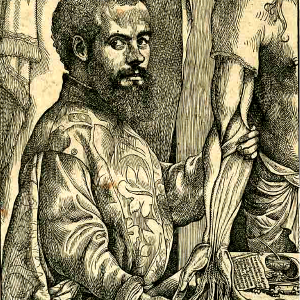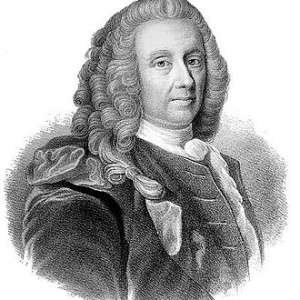
This article approaches eighteenth-century views on scientific academies by examining Haller's utterances, public and private, especially those occasioned by the founding of the Göttingen Society. It deals in turn with his understanding of the distinctive purpose of academies, with his explanation of the chief ways in which they realized this end, with his thoughts on their broader usefulness, and finally with his various reasons for considering close ties with the state to be essential to their productive and harmonious operations.










































